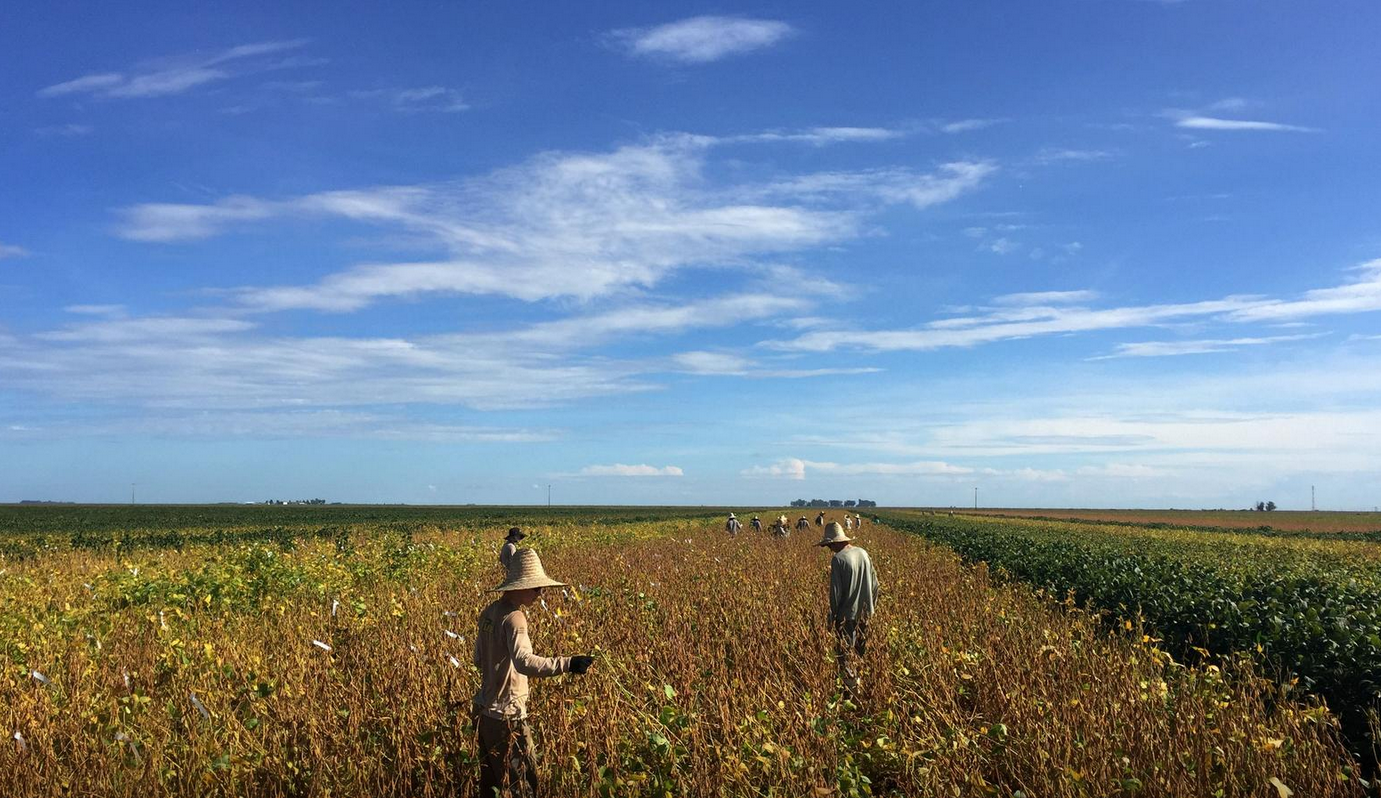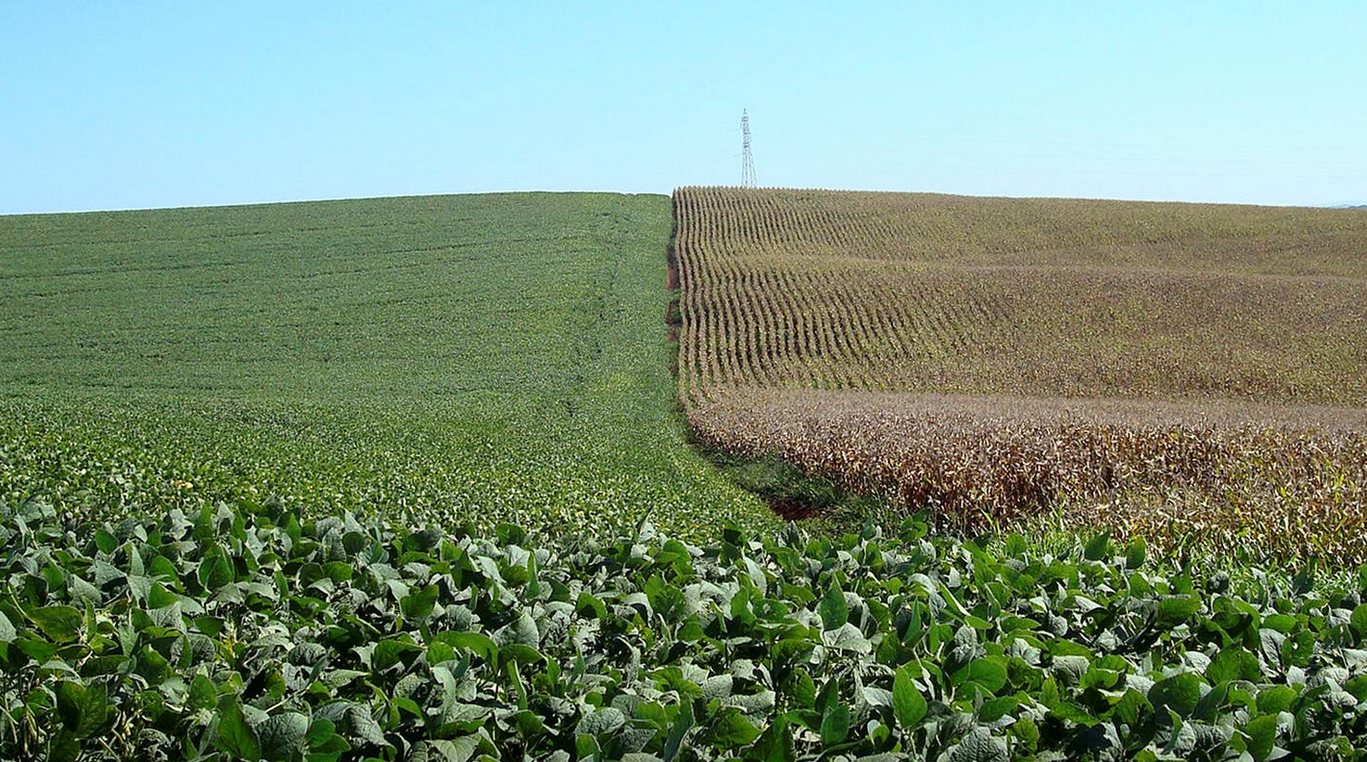Goias, the Brazilian farm state, has rolled out its new pilot project earlier this week to increase the productivity of its yields. This is being achieved through effective and quick actions against diseases, which is backed by 5G technology and equipment provided by Huawei.

The rollout for the new agricultural support system is first being tried by soy farmers in the region. Notably, this arrives during the time when the Brazilian government is considering enforcing a ban on Huawei equipment from its 2021 5G frequencies spectrum auctions for telecom operators in the country. At the moment, the 5G technology being offered to producers will help improve crops through the collection of information through a system of sensors.
Editor’s Pick: Vivo Y52s with Dimensity 720, 48MP dual cameras, 5,000mAh battery may debut next week
These sensors will be placed on the fields, on the harvesters, and even on drones, which will offer immediate and accurate meteorological and humidity data, as per Tiago Fontes, Huawei Brasil marketing director. According to a Reuters report, the combination of fast broadband communications with real time cloud data processing will offer farmers information within one hour that would’ve otherwise taken them at least three days to gather.

This would enable rapid action for these farmers that can quickly work to remove diseases and other potential threats to the crops. Fontes further added that “We launched this application for soy to show how 5G used with drones can raise productivity and reduce herbicide costs.” This pilot was first launched in the soy farming town of Rio Verde and utilized the 5G network built by telecom operator Claro. At the moment, it is still unsure what role the company would be allowed in the country’s 5G building, so stay tuned for more updates.
UP NEXT: OPPO Reno5 series reportedly uses luminous materials; launching on December 10







